Preventing Dehydration
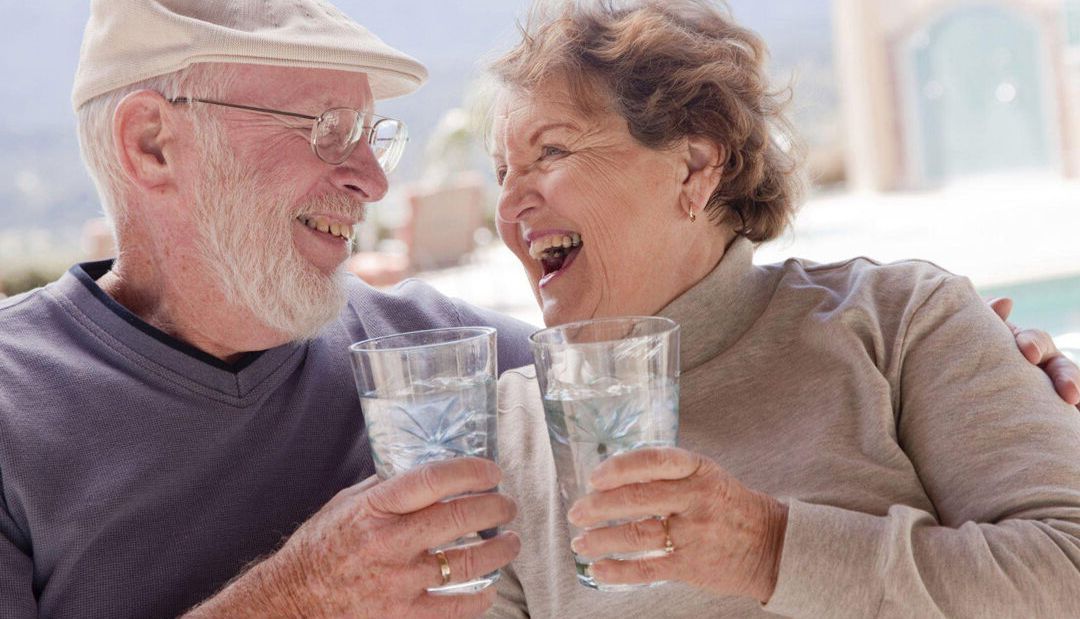
Summer has arrived! We are all happy to see the beautiful sunshine, but need to be aware of the heightened risk of dehydration, especially in the elderly population.
What Causes Dehydration in Seniors?
Dehydration occurs when the body’s water output exceeds the water intake. Our bodies need water for a variety of reasons: water helps regulate temperature through sweating, carries nutrients to cells, lubricates and cushions joints, and eliminates bodily waste. Even becoming just mildly dehydrated can have a negative impact on the body.
Dehydration in the elderly can be a common issue due to several factors. First, as we age, our sense of thirst decreases, making us less likely to notice we should be drinking. An elderly person may simply not have that dry mouth sensation or a natural thirst response.
Also, due to mobility issues, seniors may feel that it’s too much effort to get up throughout the day and get something to drink. Combine that with the effort it takes to use the restroom, and you can see why the elderly may avoid drinking, even if they do feel thirsty.
Elderly dehydration can also be caused by incontinence issues, illnesses that involve vomiting or diarrhea, and medications. Many medications act as a diuretic, causing the senior to sweat more and lose more water throughout the day.
Common Signs of Dehydration in the Elderly
It’s not always easy to notice when a senior is dehydrated. However, it’s important to know what some of the warning signs are, as dehydration in the elderly can lead to an increased risk for conditions like kidney stones, urinary tract infection, constipation and respiratory tract infection. Also, dehydration can increase the risk for and a longer stay in a rehabilitation facility.
Some of the signs of dehydration in the elderly to watch for include:
- More noticeable mobility issues, like difficulty walking
- Dizziness, confusion or frequent headaches
- Dry, sticky mouth or nose
- Low blood pressure and rapid heart rate
- Decreased urine output or constipation
- Dry skin and sunken eyes
- Low tear or sweat production
- Less skin elasticity- this can be a bit more difficult to notice in an elderly person, so a good way to check is to lightly pinch the skin on the back of the hand; if it doesn’t bounce back right away, it’s a good sign of dehydration.
Preventing Dehydration
If a senior already is experiencing health issues like cardiac or renal problems, even mild dehydration can adversely affect their overall health and lead to a stay in the hospital. However, there are a few things you can do to help encourage an elderly loved one to consume the right amount of fluids.
Our bodies are made up of about 60% water, which is mostly stored in lean tissue. The elderly have less lean tissue, which means the proportion of water in their bodies is less and can easily lead to dehydration caused by things like hot weather or a fever. Most seniors need about 40 ounces of water each day, or eight five-ounce glasses.
Here are a few ways to help prevent dehydration in the elderly:
- Encourage them to drink throughout the day. Rather than consuming a large amount of fluids all at once, seniors should drink throughout the day. Create a schedule for drinking to stay on track; have a glass of water first thing in the morning, drink with every meal, etc. Keep a water bottle nearby at all times so mobility issues don’t come into play as liquids will be readily available. Limit water intake before bed to diminish any incontinence fears.
- Offer foods high in water. Certain foods contain a high water content, like soup, yogurt, jello and fruits and vegetables. These foods can help seniors meet the daily water requirement.
- Avoid caffeine and alcohol. Coffee and alcohol can have a diuretic effect when they are drunk in high quantities. This leads to a loss of body water and dehydration.
- Find a beverage they enjoy. Sometimes people just don’t enjoy the taste of plain water, so find a drink they enjoy. Provide herbal tea, fruit juices and milk to increase water intake.
Thank you to American Senior Communities for this great information on preventing dehydration in Seniors.
The post Preventing Dehydration appeared first on Mt. Hood Senior Solutions.

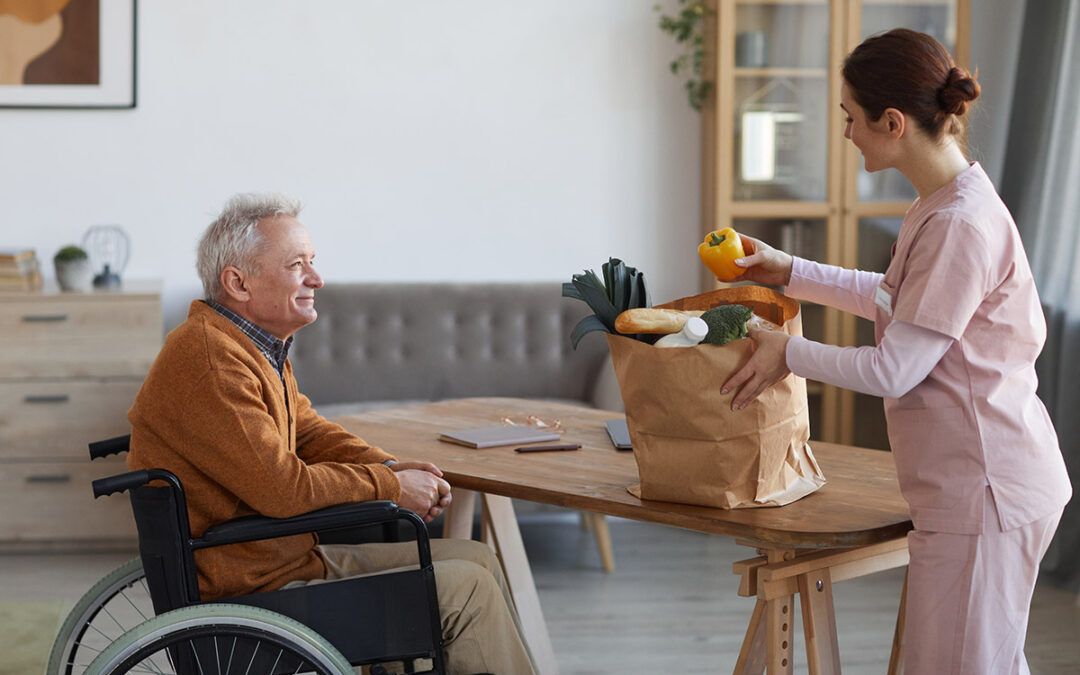
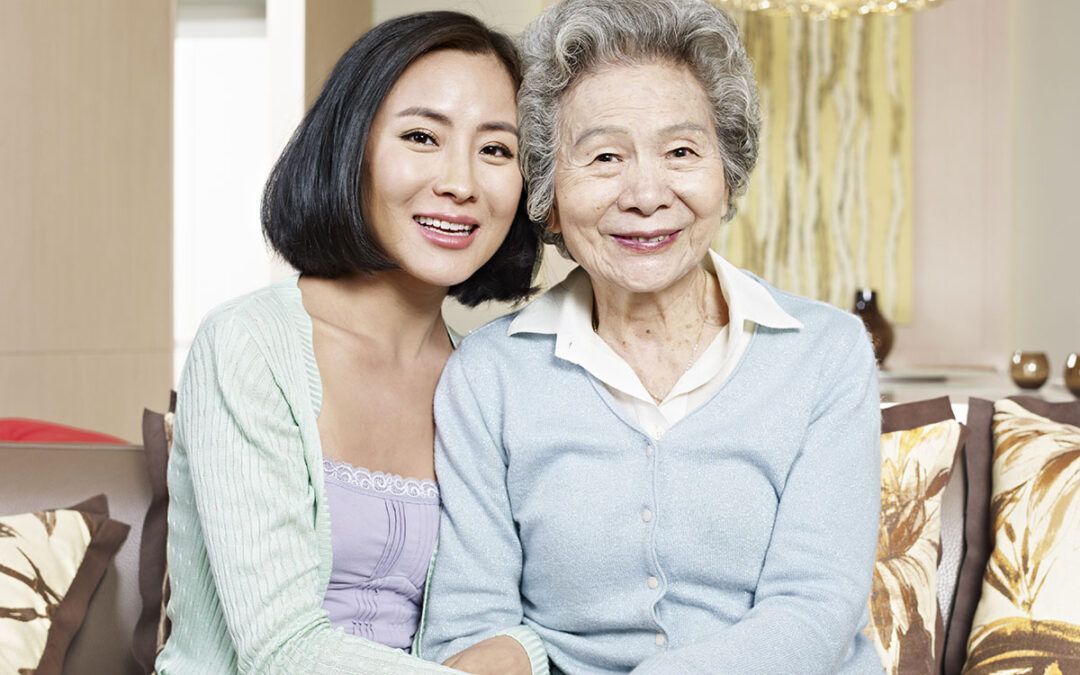

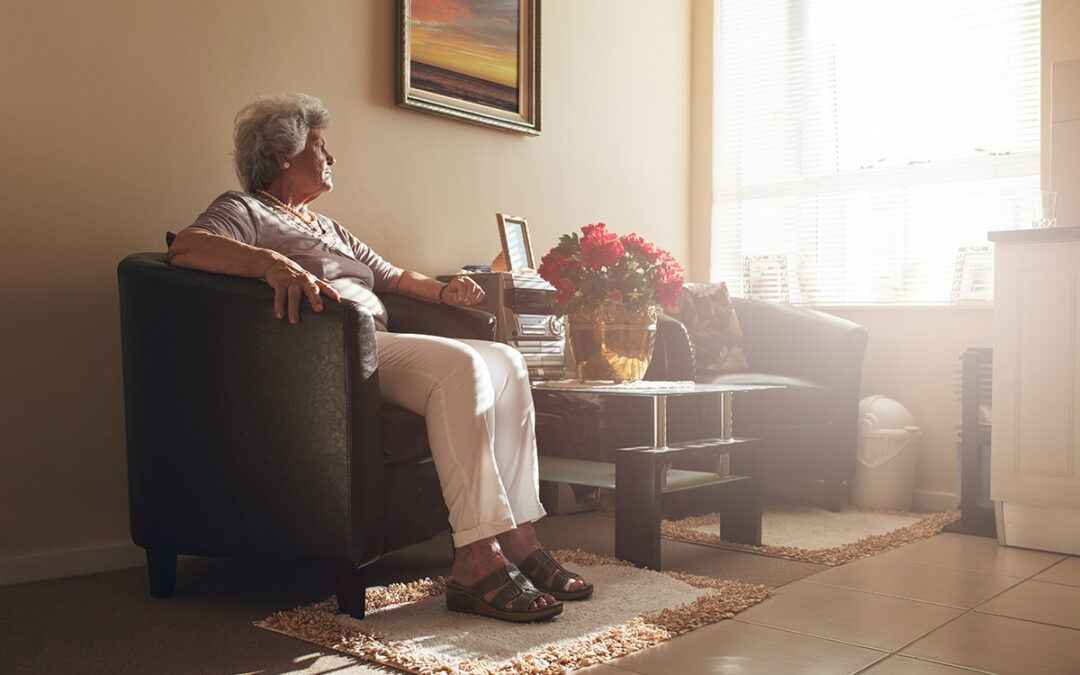
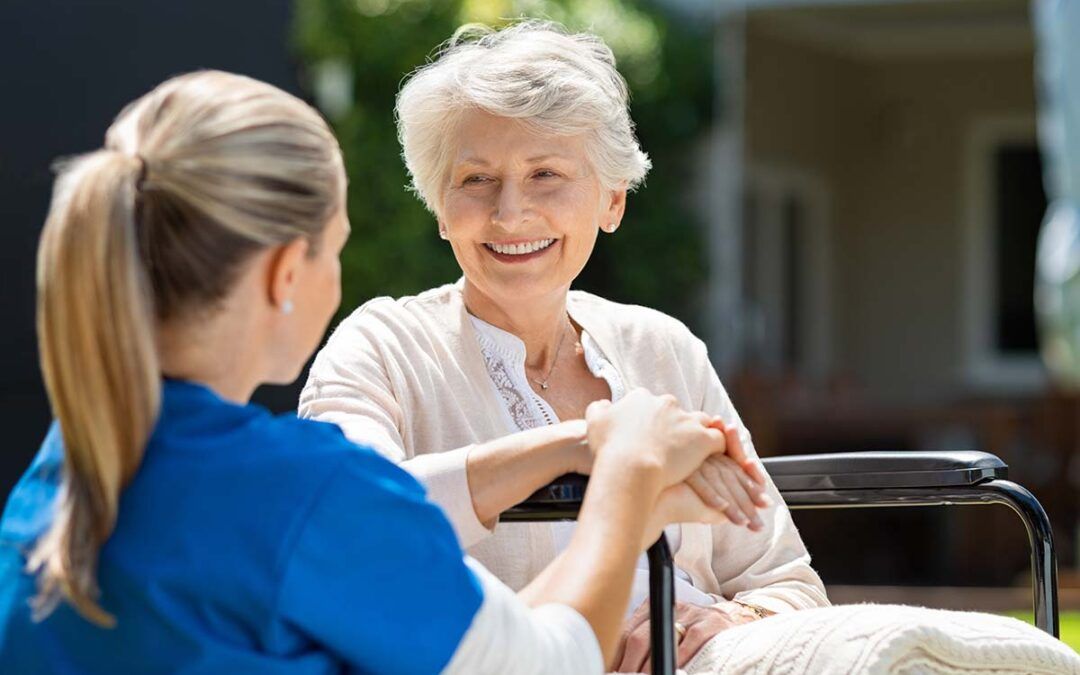

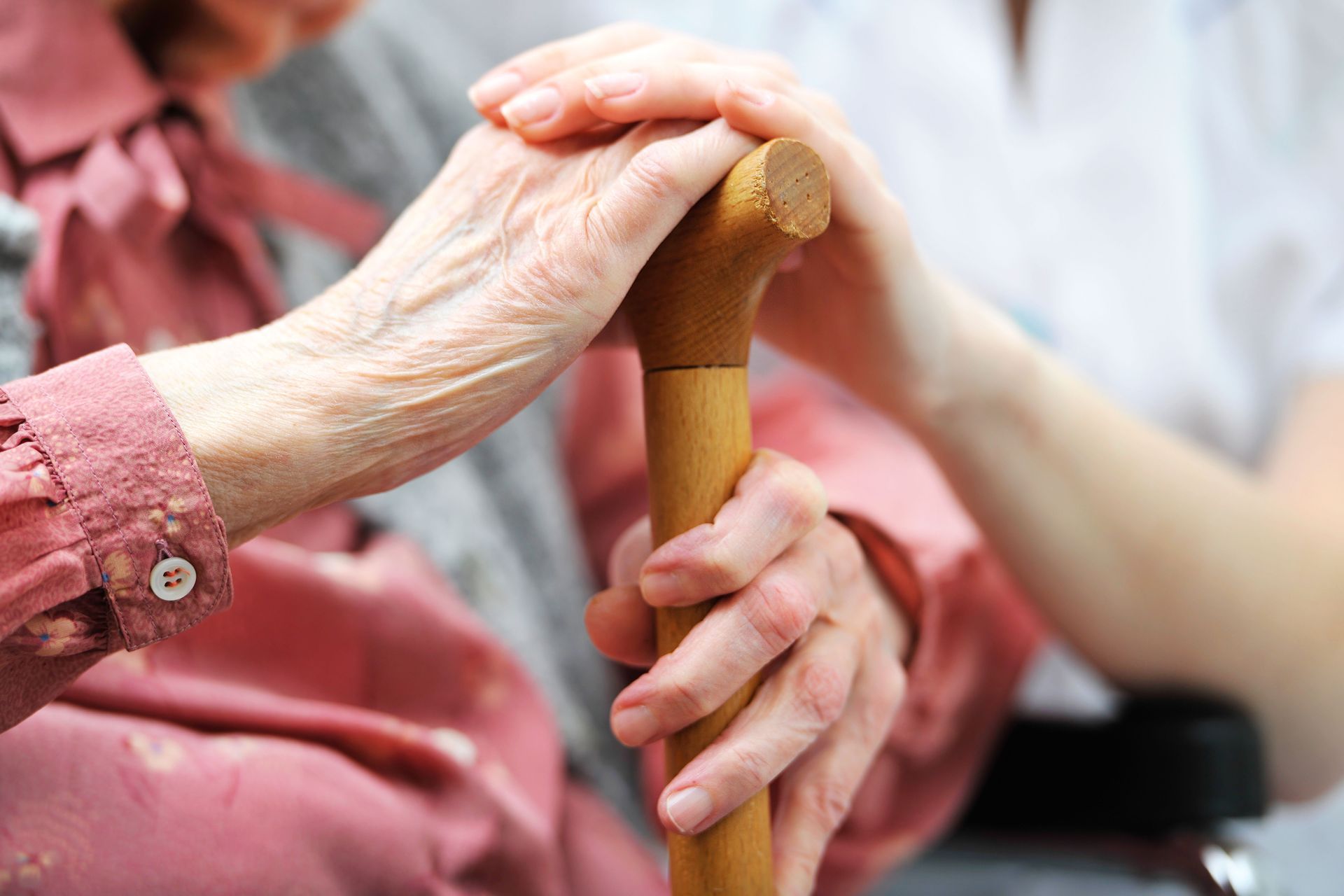
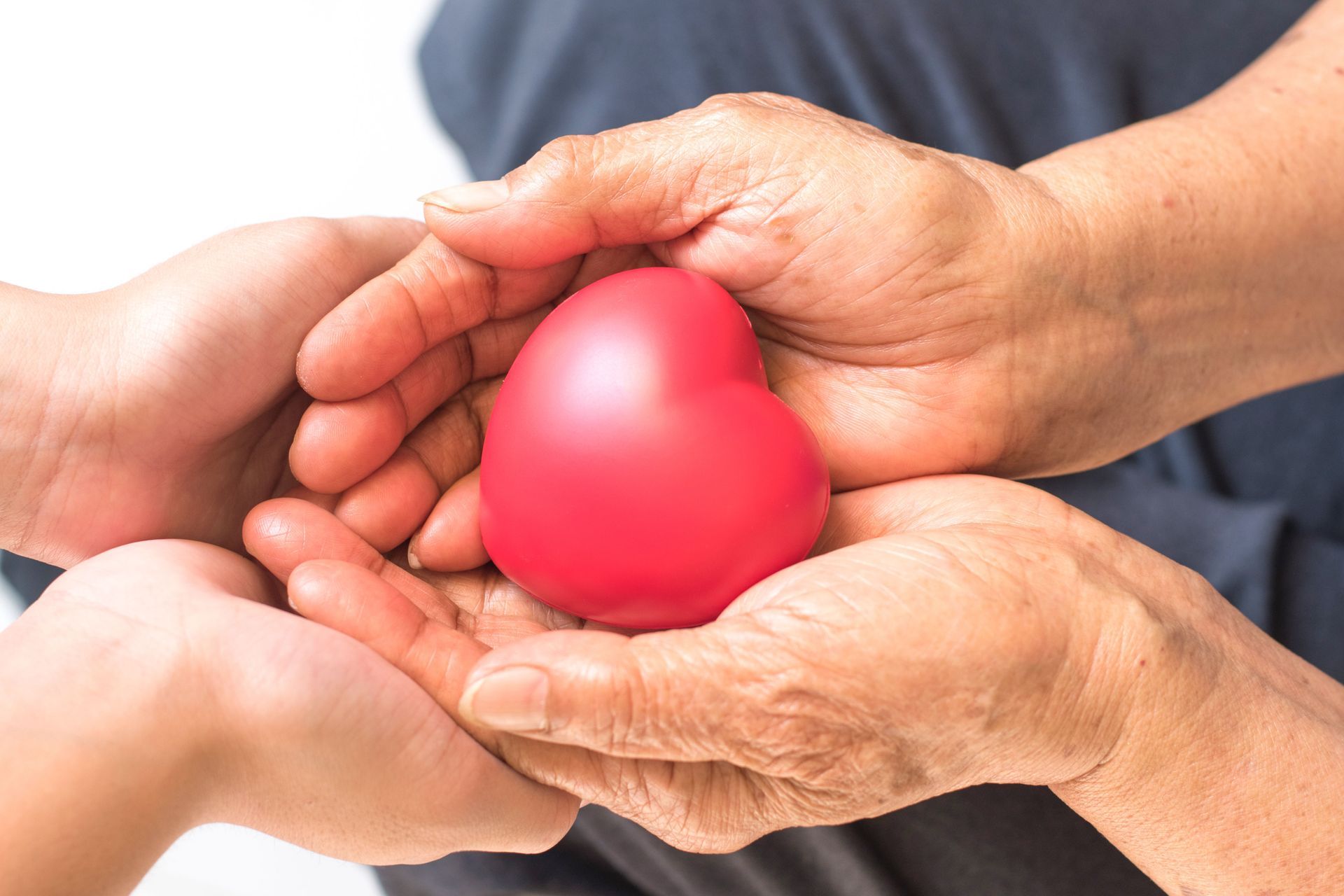
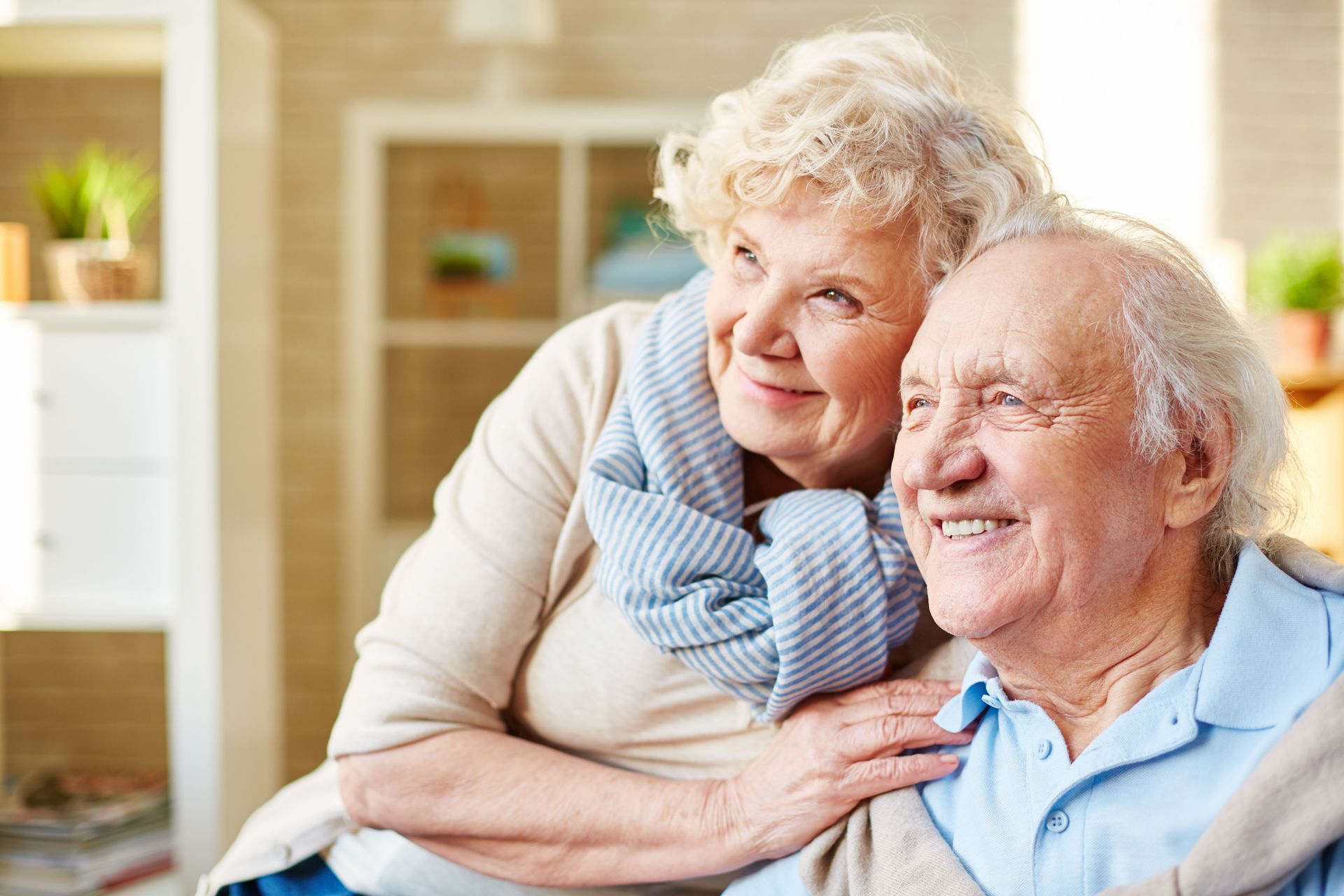
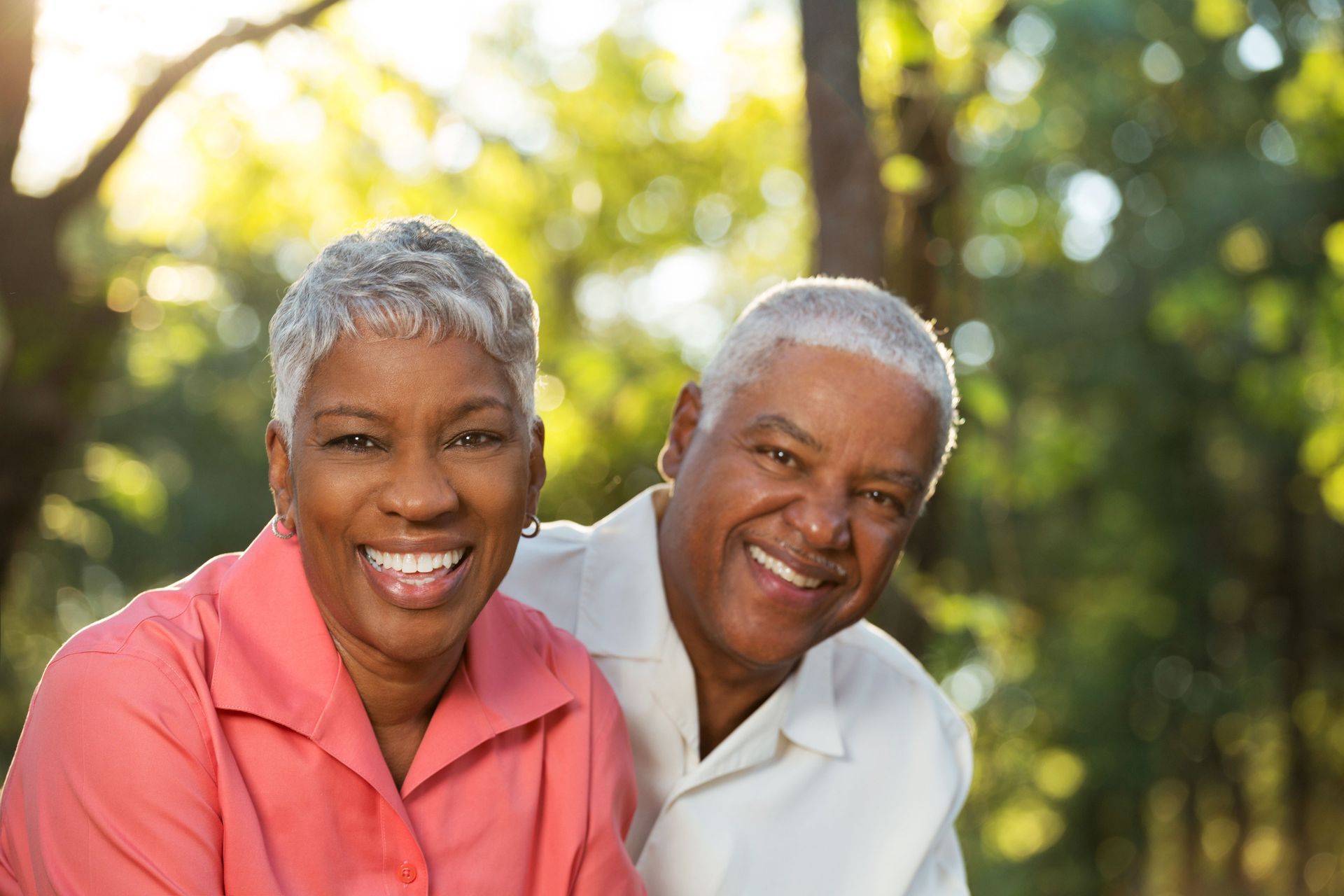
Share On: